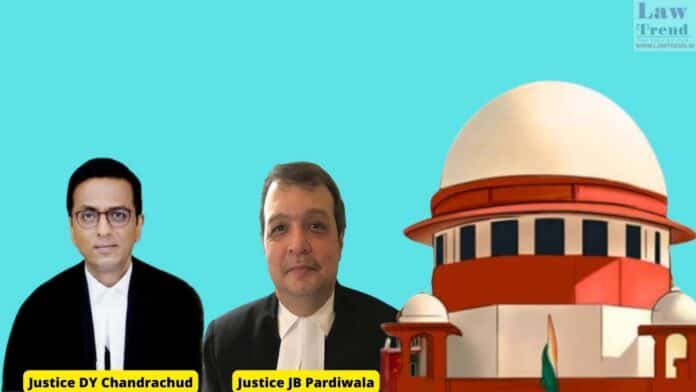In a landmark decision reinforcing the principles of arbitration law in India, the Supreme Court of India, led by Chief Justice Dr. Dhananjay Y. Chandrachud and Justice J.B. Pardiwala, delivered a pivotal judgment in the case of M/S HPCL Bio-Fuels Ltd. v. M/S Shahaji Bhanudas Bhad (Civil Appeal No. 12233 of 2024). The ruling addressed
To Read More Please Subscribe to VIP Membership for Unlimited Access to All the Articles, Download Available Copies of Judgments/Order, Acess to Central/State Bare Acts, Advertisement Free Content, Access to More than 4000 Legal Drafts( Readymade Editable Formats of Suits, Petitions, Writs, Legal Notices, Divorce Petitions, 138 Notices, Bail Applications etc.) in Hindi and English.




